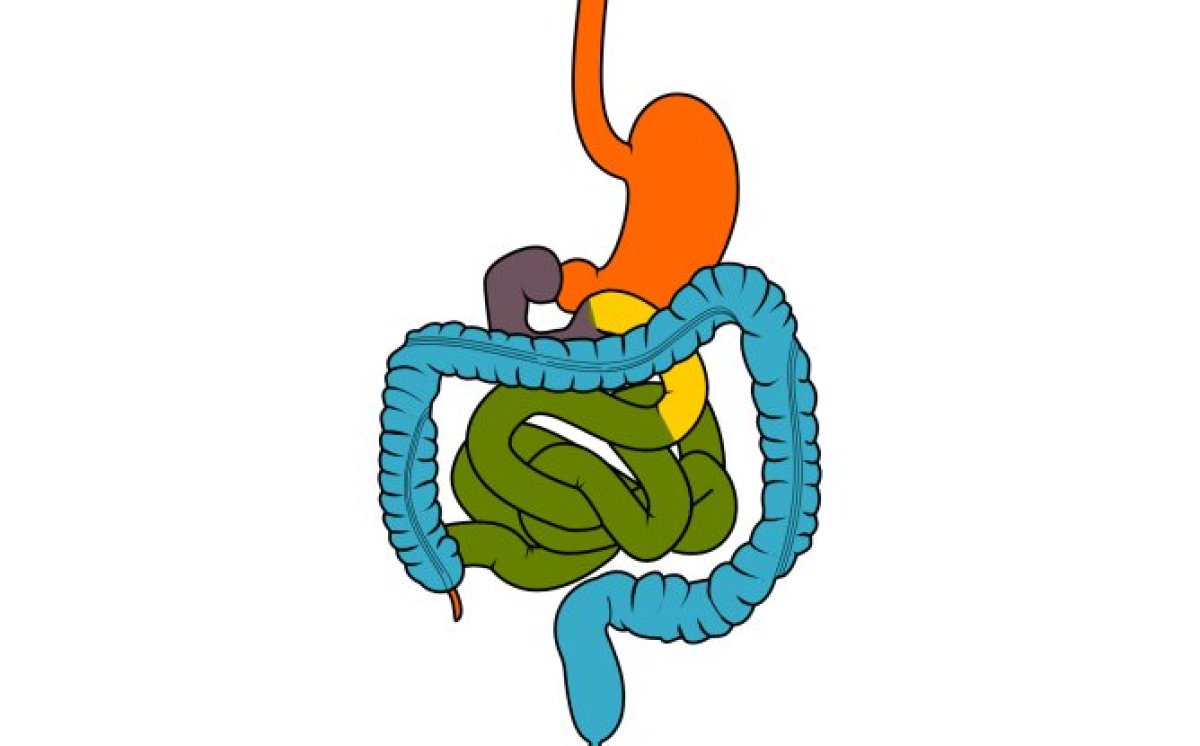Symptoms and causes of Hirschsprung, making him unable to defecate since birth
Hirschsprung's disease is a disorder of the large intestine that causes feces or feces to become trapped in the intestine.

Hirschsprung's disease is a medical condition that affects the digestive system, especially the large intestine. This disease can generally be detected when the baby is born, although in some cases with mild severity, the disease is only detected after the child is older. In this article, we will discuss more about Hirschsprung's disease, including its causes, symptoms, diagnosis methods, treatment, and preventive measures that can be taken.
Causes of Hirschsprung's Disease
It is not yet known for certain why the nerves in the large intestine in people with Hirschsprung's disease do not form completely. However, this condition is thought to be related to several risk factors, including:
1. Male
Hirschsprung's disease is more common in boys than girls.
2. Family history
Having a family member with Hirschsprung's disease can increase a person's risk of developing this condition.
3. Other congenital diseases
Some other inherited diseases, such as Down syndrome or congenital heart disease, can also be associated with Hirschsprung's disease.
Symptoms of Hirschsprung's Disease
Symptoms of Hirschsprung's disease can vary depending on the severity. In general, symptoms can be detected since the baby is born.
- The baby cannot defecate within 48 hours of birth.
- Vomit is brown or green.
- Enlarged stomach.
- Fussy.
- Fever.
- Watery, foul-smelling diarrhea.
In mild cases of Hirschsprung's disease, symptoms often only appear when the child is older. Symptoms that may occur include:
- Tired easily.
- The stomach looks bloated and distended.
- Constipation that occurs in the long term (chronic).
- Loss of appetite.
- Weight does not increase.
- Growth and development disorders.
When to See a Doctor
If your baby does not have a bowel movement within 48 hours of birth, contact a doctor immediately. In older children, you also need to see a pediatrician if the symptoms mentioned above appear. It is important to remember that patients who are undergoing treatment or have undergone surgery to treat Hirschsprung's disease need to undergo regular examinations as recommended by their doctor so that their condition can continue to be monitored.
Diagnosis of Hirschsprung's Disease
To diagnose Hirschsprung's disease, the doctor will take the following steps:
1. History
The doctor will ask about the symptoms experienced by the child and his medical history. Information regarding a family history of Hirschsprung's disease will also be taken into consideration in the diagnosis process.
2. Physical examination
The doctor will perform a physical examination, including an abdominal examination, to check for abdominal enlargement or masses that could indicate Hirschsprung's disease. Apart from that, the doctor will also perform a digital rectal examination using a tool called recto sigmoidoscopy to see the condition of the final part of the large intestine.
3. Supporting examinations
To strengthen the diagnosis, the doctor can carry out several supporting examinations, such as:
- X-ray photo. This examination is carried out to check for possible blockages in the large intestine.
- Anorectal manometry. The doctor will use special tools in the form of balloons and pressure sensors to check intestinal function. This test is generally performed on older children.
- Biopsy. The doctor will take a sample of colon tissue, which will then be examined under a microscope to confirm the diagnosis of Hirschsprung's disease.
Hirschsprung's Disease Treatment
The main treatment for Hirschsprung's disease is through surgical procedures. The type of operation to be performed can be adjusted to the child's condition. Two common treatment methods are:
1. Intestinal withdrawal procedure (pull-through surgery)
In this procedure, the doctor will remove the part of the large intestine that has no nerves and then pull and connect the healthy part of the intestine directly to the rectum or anus. This procedure aims to improve intestinal function so that the baby or child can defecate normally.
2. Ostomy
Ostomies are performed on children whose condition is unstable or born prematurely. In this procedure, the doctor will cut the problematic part of the intestine and direct the healthy intestine to the hole made in the stomach (stoma). This stoma will function as a way to remove feces. After the child's condition improves, the doctor will close the hole in the stomach and connect the healthy intestine to the anus.
After undergoing surgery, patients usually need to stay in the hospital for several days. During the recovery period, the intestine will gradually recover and can function normally again. Some steps that can be taken to help recovery include giving the child enough water to maintain hydration and eating foods high in fiber to prevent constipation.
Complications of Hirschsprung's Disease
If Hirschsprung's disease is not treated correctly, it can cause serious complications. Some complications that may occur are:
- Malnutrition and dehydration. Disorders of the digestive system can inhibit the absorption of important nutrients from food. This can cause children to experience malnutrition and dehydration.
- Intestinal infection (enterocolitis). An intestinal infection called enterocolitis can occur in some cases, especially in babies who have not received proper treatment. This infection can be life-threatening and requires immediate medical treatment.
- Intestinal rupture (intestinal perforation). If Hirschsprung's disease is not treated properly, high pressure in the large intestine can cause the intestine to rupture. This is an emergency condition and requires urgent surgical treatment.
- Fecal incontinence. After surgery, some children may experience problems with bowel control. They can experience fecal incontinence; that is, they cannot control the flow of stool normally.
Prevention of Hirschsprung's Disease
Unfortunately, until now, there is no definite way to prevent Hirschsprung's disease because the cause is not yet known with certainty. However, for individuals with a family history of this disease, it is recommended to consult a doctor before planning a pregnancy. Doctors can provide appropriate information and advice about possible risks and preventive steps that can be taken.
It is also important to pay attention to the symptoms that appear in babies or children. If you suspect a digestive system problem, immediately consult a doctor to get the right diagnosis and treatment.
